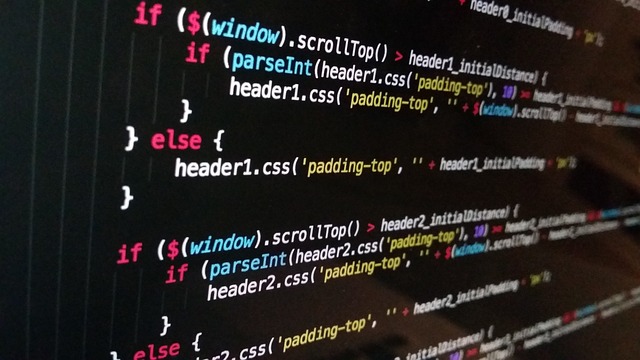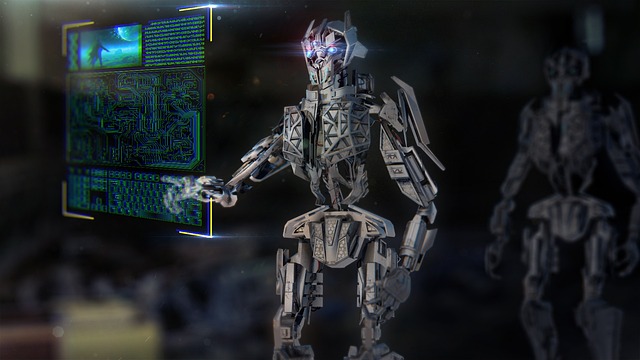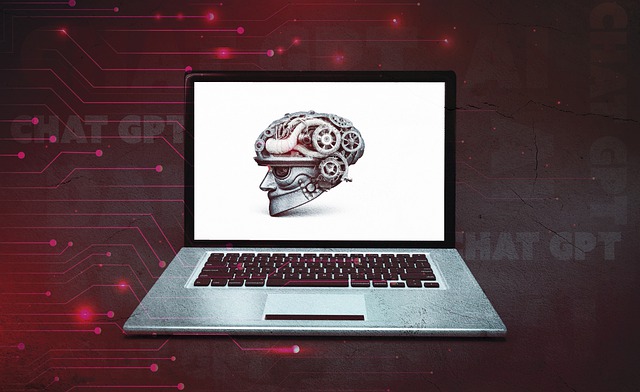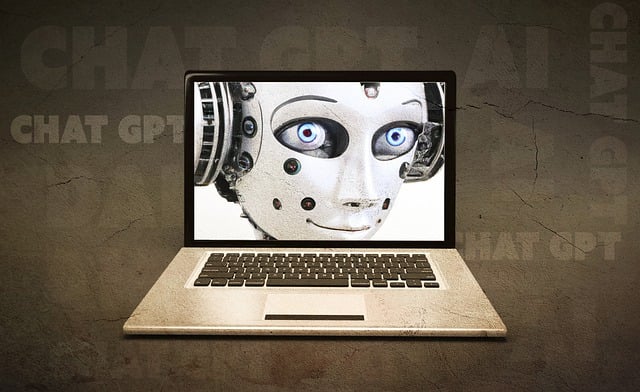Technology has always been a driving force behind human progress, constantly evolving and shaping the way we live, work, and communicate. In recent years, we have witnessed a revolutionary shift in the technology landscape with the emergence of Artificial Intelligence (AI). This powerful technology has transformed the way we approach problem-solving and has opened up a world of possibilities for innovation and creativity. The impact of AI on technology is undeniable, and it is paving the way for a new era of efficiency and productivity. In this article, we will explore the creative revolution brought about by AI and how it is transforming technology as we know it.
The Rise of AI in Technology
Artificial Intelligence, or AI, is a branch of computer science that focuses on creating intelligent machines that can think and act like humans. It involves the development of algorithms that enable computers to learn from data, recognize patterns, and make decisions without explicit human programming. AI has been around for decades, but recent advancements in computing power and data availability have accelerated its growth and adoption.
One of the key factors that have driven the rise of AI in technology is the exponential growth of data. With the proliferation of digital devices and the internet, we are generating an unprecedented amount of data every day. This data is a goldmine for AI systems, as they can use it to train and improve their performance. The availability of big data has enabled AI to make more accurate predictions and decisions, making it an essential tool for businesses and industries.
AI has also been able to thrive due to the advancements in computing power. The development of powerful processors, cloud computing, and parallel processing has enabled AI systems to process large amounts of data and perform complex tasks at lightning speed. This has made AI more accessible and cost-effective, allowing smaller companies and startups to harness its power.
Transforming Traditional Industries
The impact of AI on traditional industries has been profound. It has revolutionized the way we approach various tasks and has made them more efficient and accurate. In the healthcare industry, AI has been used to analyze medical images, detect diseases, and assist in surgeries. This has not only improved the accuracy of diagnoses but has also reduced the time and cost involved in these procedures.
In the financial sector, AI has been used to analyze market trends, detect fraud, and make investment decisions. This has enabled financial institutions to make more informed decisions and reduce the risk of fraud. In the manufacturing industry, AI has been used to automate processes, optimize supply chains, and improve quality control. This has resulted in increased efficiency, reduced costs, and improved product quality.
AI has also transformed the retail industry, with the introduction of chatbots and virtual assistants. These AI-powered tools can interact with customers, recommend products, and provide personalized shopping experiences. This has not only improved customer satisfaction but has also increased sales for businesses.
Fostering Creativity and Innovation
One of the most exciting aspects of AI is its ability to foster creativity and innovation. By automating mundane and repetitive tasks, AI has freed up time for humans to focus on more creative and complex tasks. This has led to the development of new products, services, and business models that were previously thought impossible.
AI has also been used to generate new ideas and solutions through machine learning algorithms. These algorithms can analyze vast amounts of data and come up with new insights and ideas that humans may have never thought of. This has opened up a world of possibilities for businesses and has led to the development of innovative products and services.
Moreover, AI has enabled collaboration between humans and machines, leading to a hybrid approach to problem-solving. By combining human creativity and intuition with the speed and accuracy of AI, we can achieve breakthroughs that were previously unattainable. This has resulted in the development of new technologies and advancements in various fields, from healthcare to transportation.
The Future of AI in Technology
The potential of AI in technology is limitless, and its impact will only continue to grow in the future. As AI continues to evolve, we can expect to see it being integrated into more industries and applications. In the coming years, we will see advancements in areas such as natural language processing, robotics, and computer vision, which will further enhance the capabilities of AI.
However, with the rapid development of AI, there are also concerns about its potential impact on jobs and society. As AI takes over more tasks, there is a fear that it may lead to job displacement and widen the gap between the rich and the poor. It is crucial for businesses and governments to address these concerns and ensure that AI is used ethically and responsibly.
In conclusion, the creative revolution brought about by AI is transforming technology in ways we never thought possible. It has revolutionized traditional industries, fostered creativity and innovation, and opened up a world of possibilities for the future. As we continue to harness the power of AI, it is essential to ensure that its development is guided by ethical principles, so we can fully reap its benefits and create a better future for all.









